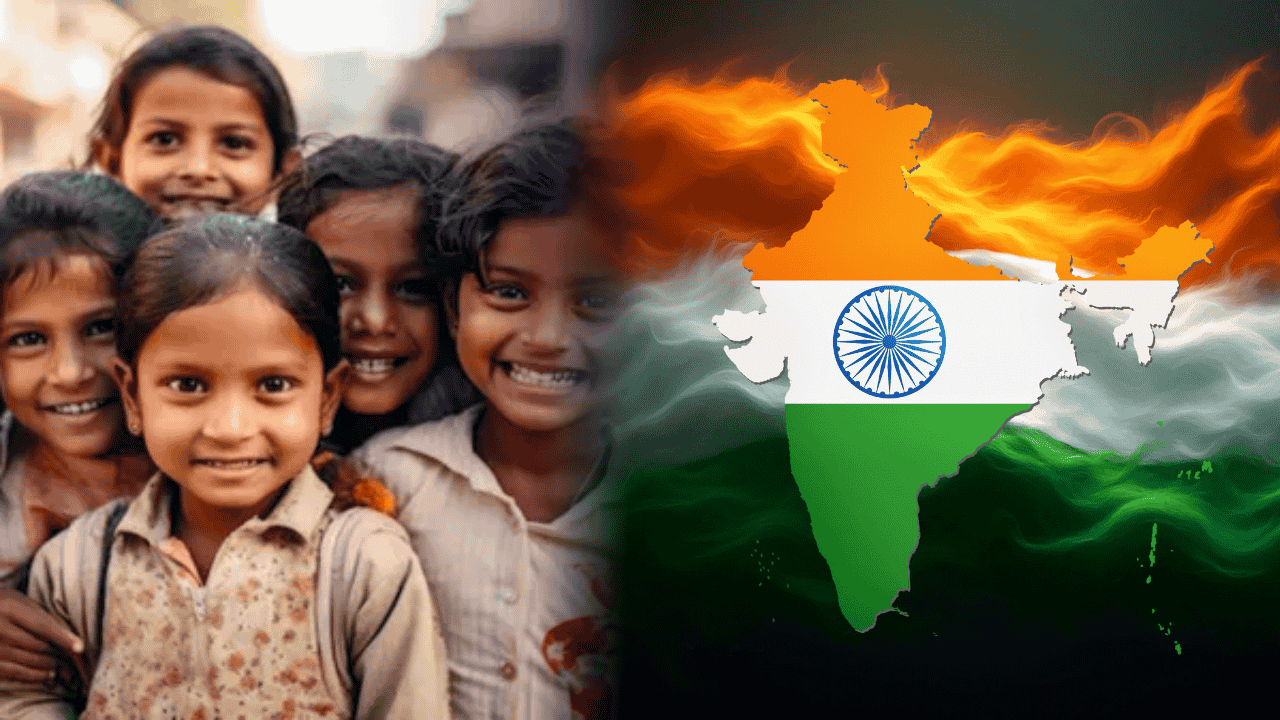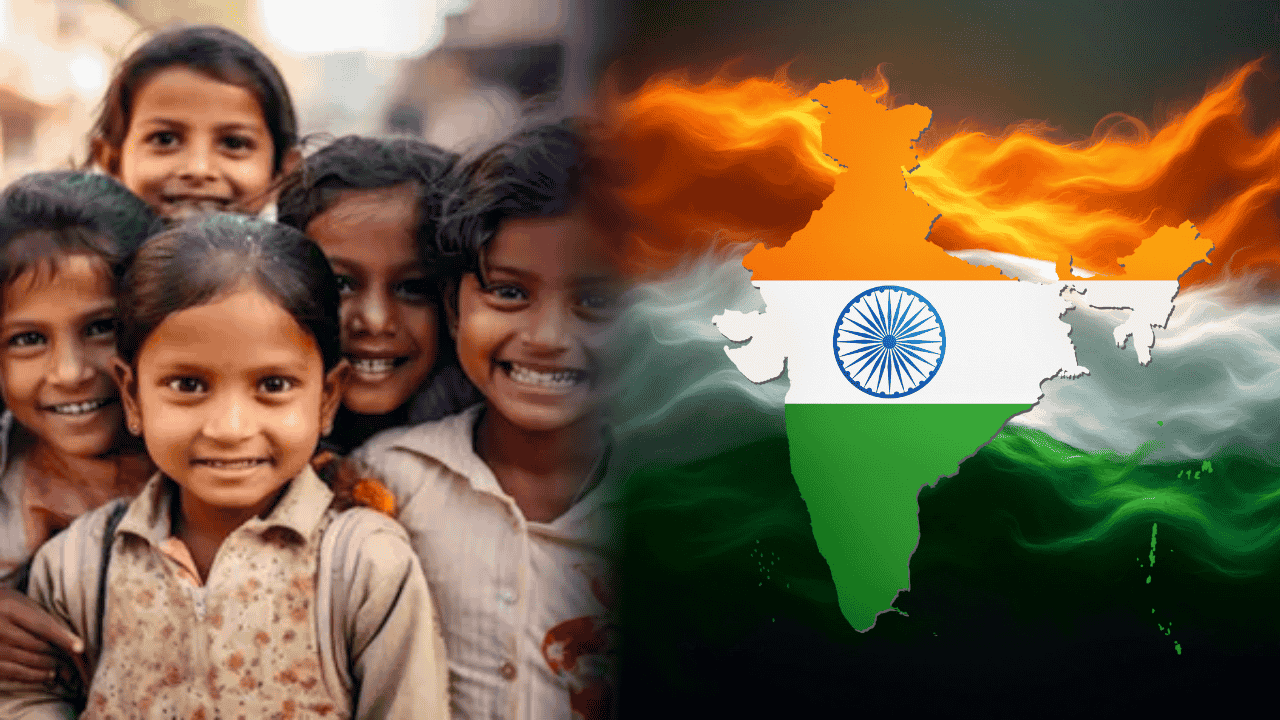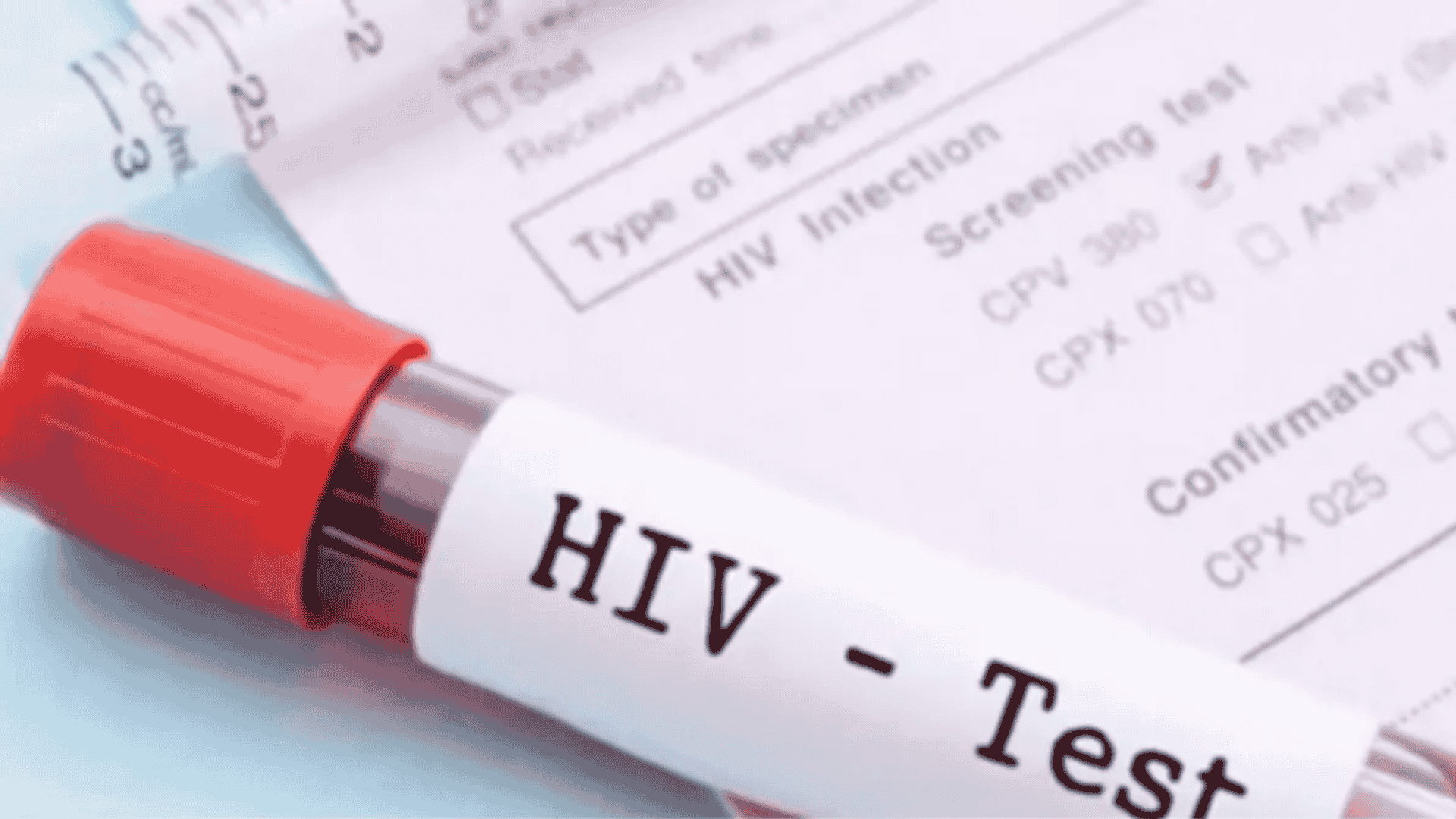US President Trump eyes tariff reciprocity and a bold trade deal with India. Learn why this matters for UPSC, SSC, and banking aspirants in 2025.
Introduction: Trump’s Radar on Reciprocity – A Game Changer?
In global trade, few leaders have been as vocal about tariff reciprocity as former US President Donald Trump. With April 2 flagged for potential new tariffs, his renewed focus on a Bilateral Trade Agreement (BTA) with India is making headlines again. For aspirants of UPSC, SSC, Banking, and other competitive exams, understanding these developments is essential—not just for current affairs but also for topics like international trade, economic policy, and diplomacy.
In this Atharva Examwise blog, we decode this evolving story for your exam preparation.
US-India Trade Tensions: What’s Happening Now?
Trump’s Focus on Reciprocity
Trump is “radar-focused on reciprocity” and seeks equal tariff rates between the US and its trade partners.
The average Indian tariff rate is around 17%, while the US rate is 3.4%, according to WTO.
Trump’s team is pushing for tariff parity across sectors to address the US-India trade deficit.
Why April 2 Is Important
Trump is expected to announce reciprocal tariffs on countries with significant trade deficits with the US.
India is on the radar, though not the top concern, due to its ongoing trade imbalance with the US.
Recent US delegations have been in Delhi to explore a broad-based deal.
What’s the Deal with the Trade Deal?
Past Negotiations: A "Mini Deal" That Didn’t Fly
During Trump’s first term, a $10 billion mini trade deal was nearly finalized.
It collapsed as Trump wanted something “bigger and bolder.”
India also lost GSP (Generalised System of Preferences) benefits due to the stalled deal.
This Time Around: Bigger Expectations
Trump now expects:
Cumulative tariff reductions
Market access for US agricultural products like corn and feed grains
A comprehensive agreement, not just a symbolic one
The Agricultural Angle: A Win-Win Scenario?
Agriculture is a core sticking point in trade deals and politically sensitive for both nations.
US demands: Greater market access for US farm products.
India’s concern: Protecting domestic farmers and maintaining food security.
According to Mark Linscott, former Assistant USTR:
“This must be a two-way street. It shouldn’t be viewed only as US demands being met without wins for India.”
This aligns with topics often covered in UPSC Mains GS Paper II & III, such as:
WTO negotiations
Agricultural subsidies
Trade liberalization vs food sovereignty
Unpredictability in US Trade Policy: A Cautionary Tale?
Why Skepticism Exists
The US has full-fledged FTAs with countries like Canada and Australia, yet has imposed new tariffs on them.
Indian officials worry that even a signed BTA may not guarantee long-term stability.
Implications for Trade Credibility
Experts believe that inconsistencies could harm the credibility of US trade agreements.
This highlights the importance of diplomatic balance, legal safeguards, and multilateral institutions—important themes in UPSC Ethics and Polity papers.
How This Impacts Exam Preparation
For UPSC Aspirants:
Understand the nuances of bilateral trade, WTO norms, and India’s foreign policy.
Use this as a case study for GS II (International Relations) and GS III (Economy).
For SSC and Banking Aspirants:
Expect questions on:
Trade deficits
India-US relations
Reciprocal tariff policies
Key Topics to Revise:
Generalised System of Preferences (GSP)
Balance of Trade & Balance of Payments
WTO Tariff Classifications
Bilateral vs Multilateral Trade Agreements
Protectionism vs Free Trade
Key Takeaways for Exam Preparation
April 2, 2025, could be pivotal in shaping India-US trade ties. Stay updated.
Trump’s demand for reciprocity in tariffs reflects a shift toward trade realism over idealism.
Agriculture remains a hot-button issue, relevant for both diplomacy and domestic policy.
Bilateral deals need mutual gains—a classic example of realpolitik in action.
This situation offers rich insights for essay writing, GS papers, and interview discussions.
💡 For more competitive exam blog posts, UPSC preparation tips, and banking exam insights, visit www.atharvaexamwise.com.
🔔 Stay Ahead. Stay Wise. Keep following Atharva Examwise Blog for current affairs that matter.








